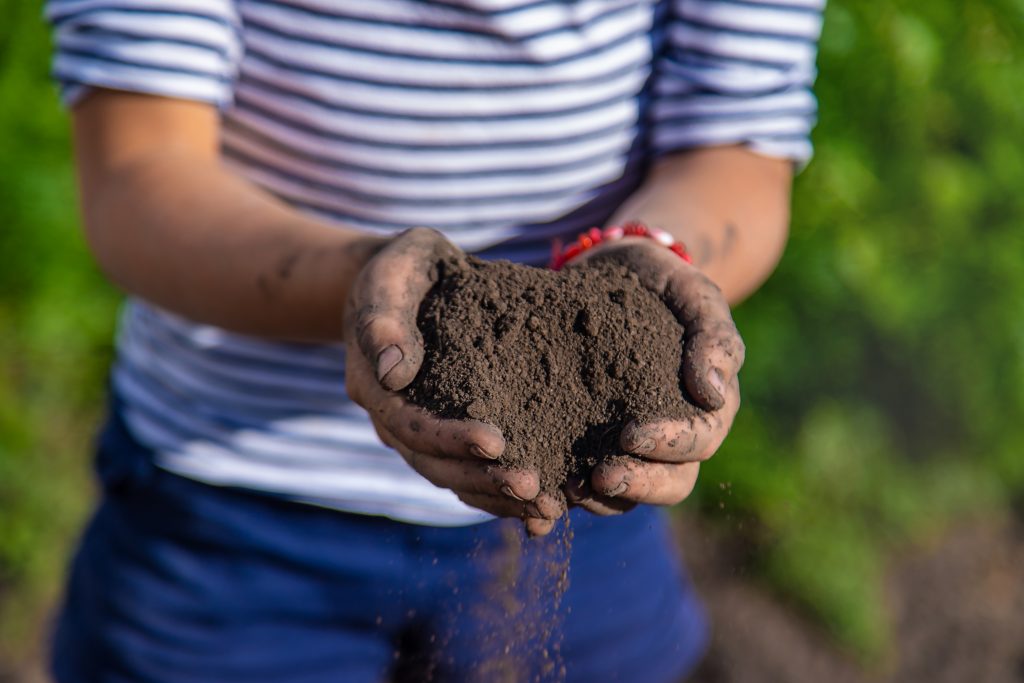Are you struggling to keep your garden plants healthy and vibrant? One of the most common culprits of poor plant growth is inadequate soil quality. Garden soil testing is an essential step in understanding the health of your soil and ensuring your plants receive the nutrients they need to thrive.
What is Garden Soil Testing?
Garden soil testing is the process of analyzing the composition and nutrient levels in your soil. By collecting soil samples and sending them to a laboratory for analysis, you can learn about the pH level, nutrient content, and potential contaminants present in your soil.
Why is Garden Soil Testing Important?
Understanding the composition of your soil is crucial to achieving a healthy and productive garden. Without proper testing, you may be unknowingly planting in soil that is lacking essential nutrients, too acidic or alkaline, or contaminated with harmful substances.
Garden soil testing provides valuable information that allows you to make informed decisions about fertilization, plant selection, and other gardening practices. By optimizing your soil’s nutrient levels and pH, you can improve the overall health and vitality of your plants, leading to bigger blooms and better yields.
How to Test Your Garden Soil
Testing your garden soil is a simple process that can be done at home or by a professional. To test your soil at home, purchase a soil testing kit from a local garden center or online retailer. Follow the instructions provided in the kit to collect soil samples and submit them for analysis.
Alternatively, you can work with a professional soil testing service that can provide more detailed information about your soil’s composition and nutrient levels. These services often offer tailored recommendations for improving soil quality based on your garden’s specific needs.
Conclusion
Garden soil testing is an essential step in achieving a healthy and thriving landscape. By understanding your soil’s composition and nutrient levels, you can optimize your gardening practices and improve the overall health of your plants. Don’t let poor soil quality hold back your gardening potential – take the time to test your soil and invest in the future of your garden.
Maintaining a healthy garden is no easy feat, and it can be frustrating to invest time and money into planting and maintaining your landscape, only to be met with lackluster results. One key factor that many gardeners overlook is the quality of their soil. That’s where garden soil testing comes in – it can save you time and money in the long run by providing valuable insights into the composition of your soil and optimizing your gardening practices.
Why Garden Soil Testing Saves Time and Money
Garden soil testing can save you time and money by providing the necessary information to make informed decisions about fertilization, plant selection, and other gardening practices. By understanding the specific needs of your soil and plants, you can optimize your gardening practices, reducing the likelihood of plant failure and the need for costly replacement plants.
In addition, garden soil testing can help identify potential issues early on, such as soil contamination or nutrient deficiencies. By catching these issues early, you can take steps to address them before they cause significant damage to your garden, saving you time and money in the long run.
How to Use Garden Soil Testing to Save Time and Money
To use garden soil testing to your advantage, start by collecting soil samples from various areas of your garden. This will help provide a comprehensive picture of your soil’s composition and nutrient levels. Once you have received the results from your soil testing, use them to inform your gardening practices. For example, if your soil is deficient in certain nutrients, you can adjust your fertilization routine accordingly.
Additionally, you can use the information from your soil testing to select plants that are better suited to your garden’s specific soil composition. This can reduce the likelihood of plant failure and the need for costly replacement plants.
Conclusion
Garden soil testing is an investment that can save you time and money in the long run. By providing valuable insights into your soil’s composition and nutrient levels, you can optimize your gardening practices and reduce the likelihood of plant failure. Don’t let poor soil quality hold back your gardening potential – take the time to test your soil and invest in the future of your garden.

